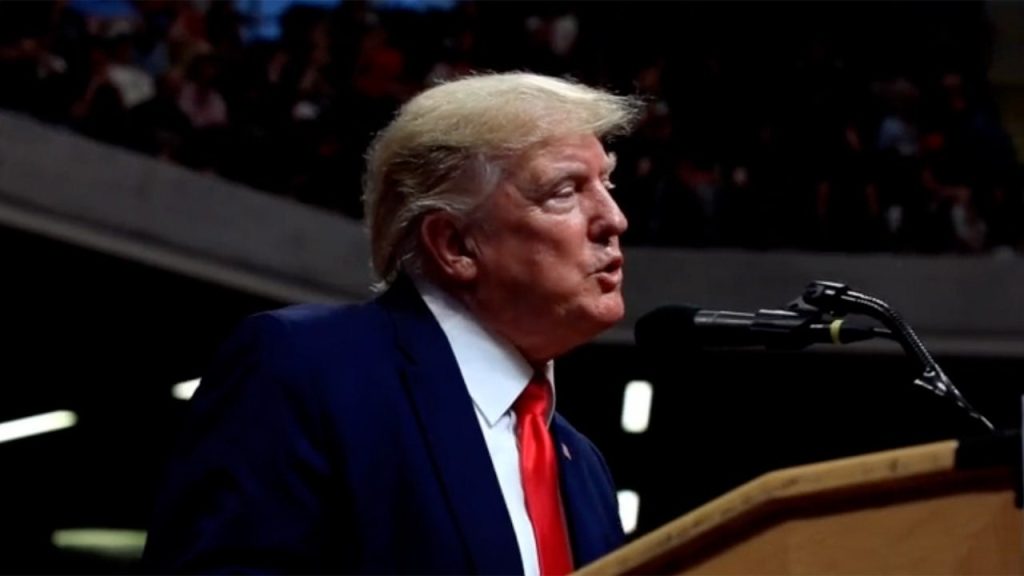A group of prominent media commentators, including former prosecutors and cable pundits, have been holding secret, off-the-record Zoom calls every Friday to discuss legal challenges against Donald Trump. Led by Obama administration official Norman Eisen, the group includes figures like Bill Kristol, Laurence Tribe, John Dean, and George Conway. They are joined by MSNBC and CNN legal analysts, as well as former DOJ official Mary McCord. Guests such as attorney Roberta Kaplan and former conservative judge J. Michael Luttig have also participated in these calls.
Despite claiming that the goal of the meetings is to “intellectually stress-test the arguments facing Trump on his journey through the American legal system,” it is clear that most participants share a common dislike of Trump. This has raised concerns that the group could breed groupthink and lack objectivity in their assessments. The Zoom calls have the potential to confirm the suspicions of conservatives who perceive the media as part of the resistance against Trump, determined to bring him down at all costs.
The origins of the group can be traced back to the Jan. 6 hearings, where committee staffers began briefing legal commentators on their work. The secrecy surrounding these calls raises questions about their intentions and the potential impact on public perception. Despite their individual intelligence and expertise, the participants seem to have overlooked the optics of a group of media influencers plotting against a political figure.
Some of the discussions during the Zoom calls have focused on specific legal challenges and cases involving Trump, such as the E. Jean Carroll defamation and sexual assault lawsuit. Guest speakers have also contributed to the conversations, shedding light on different perspectives and legal strategies. Efforts to rationalize the meetings as a gathering of great minds may not be convincing to skeptics who question the objectivity of the group.
The involvement of individuals like Andrew Weissman, who was part of the investigation into Russian collusion accusations against Trump, raises concerns about bias and lack of objectivity. Despite the diverse backgrounds and expertise of the participants, the secretive nature of the Zoom calls and the apparent unified dislike of Trump undermine the credibility of the group. Whether these meetings result in meaningful insights or merely reinforce existing biases remains to be seen.
Overall, the revelation of these secret Zoom calls among influential media figures discussing legal challenges against Trump raises questions about objectivity, bias, and the impact on public perception. The group’s shared dislike of Trump and potential for groupthink could give rise to concerns about their credibility and intentions. As these influential commentators continue to convene in private discussions, the optics and implications of their actions will likely draw further scrutiny.


